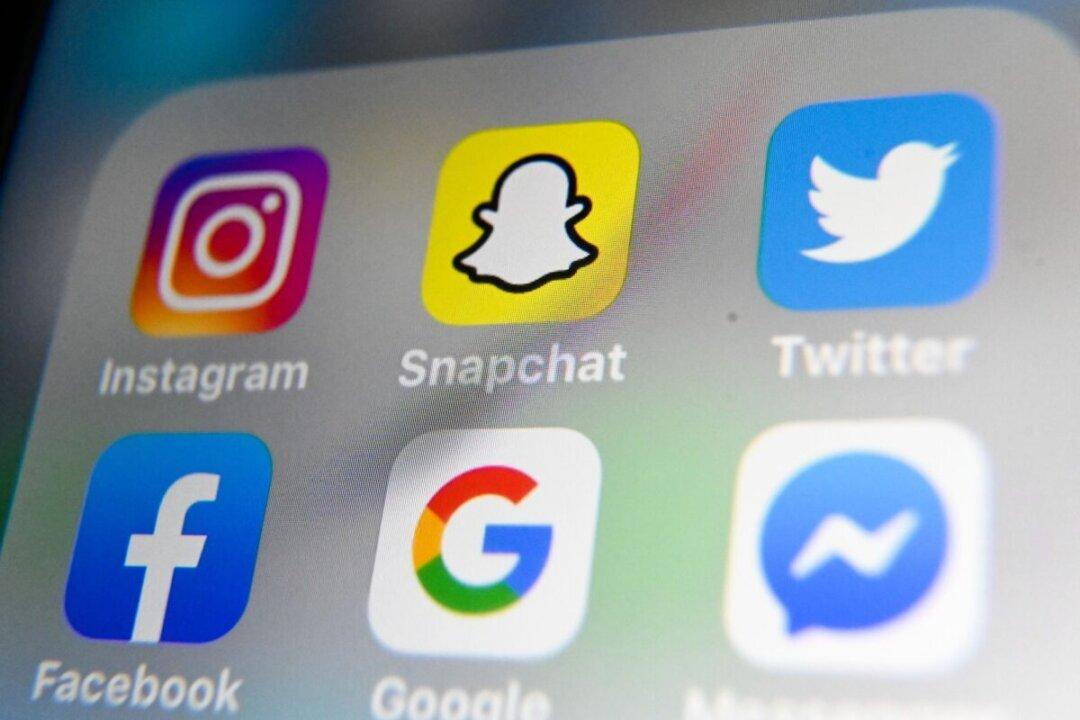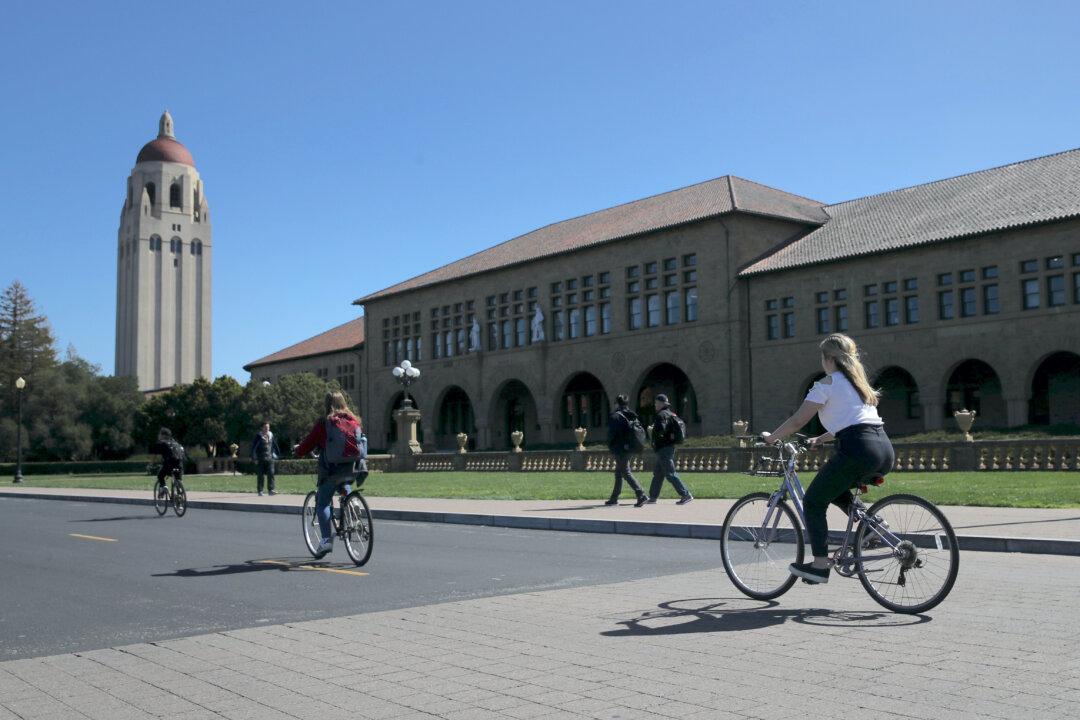The list of school districts from across the nation that have filed lawsuits against social media companies continues to grow.
At least a dozen states have school districts that have filed such lawsuits, with Kentucky having the most. In Kentucky, at least 14 school districts have already filed complaints.



